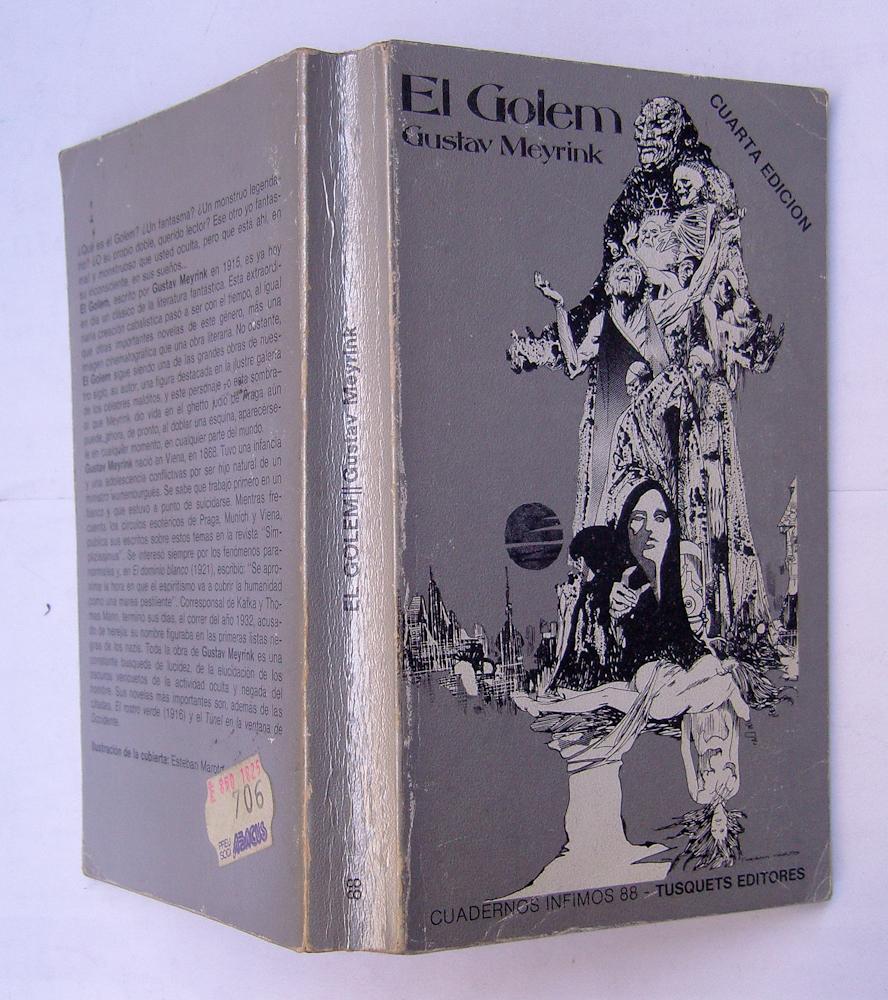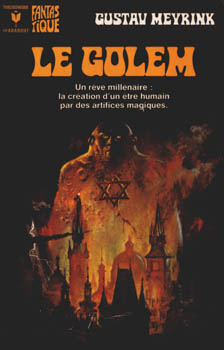
Meyrink’s The Golem is brilliant, taking you backwards to a Prague that I think perhaps is now only very rarely visible in shadows and courtyards. There are no hard and fast boundaries between them, geographical or otherwise, they are rather layered (even if found more in one place than another). Today though, it feels to me a triply divided city - the older sections jammed full of tourists and shops and mummified and tidied and meant for display, the newer suburbs that everyday vibrant life and imaginings have now been pushed into, and the awe and wonder of what Prague once was as experienced through the words of its authors. For that reason you might also question if his references to esoteric traditions are to be taken wholly seriously or rather are to be seen as motifs in the hands of a quite self-indulgent novelist.Prague is a city that lingers long in the mind and heart.

That aside, it is reasonable to argue that his foremost interest, as an author of fiction, was to tell us a good and interesting story. I would like to discriminate between effect and function and maintain that Meyrink takes advantage of Gothic effects in order to convey his spiritual vision of the world. The novel also has been both referred to, and rejected, as a story of horror or Gothic fiction, and described as purely fantastic. In The Golem Meyrink transforms the Prague legends of Rabbi Loew’s creature of clay into a book of esoteric wisdom putting into play Kabbalistic and alchemist thinking, tarot cards and metempsychosis. Jorge Luis Borges praised his works, while Ernst Pawel, in his Kafka-biography, dismisses The Golem as »a shlock novel«. Controver- sial in his lifetime, his reputation as an author is still disputable.

In some circles, he still has a reputation as a man with deep insights in the true nature of being and has even been seen as a man with prophetic gifts.

He joined about every esoteric society available, attended séances, experimented with diets and drugs, and practiced alchemy and yoga.

Gustav Meyrink lived in a time when the interest in spiritism, theosophy and occult phenomena was widespread.


 0 kommentar(er)
0 kommentar(er)
